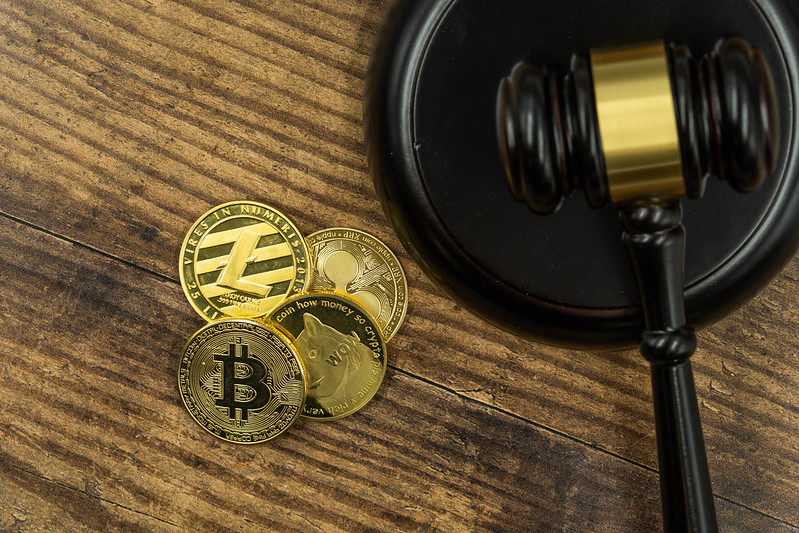
Poland crypto license
The Rise of Cryptocurrency in Poland
Cryptocurrency is rapidly gaining traction worldwide, and Poland is no exception. With an increasing number of businesses, entrepreneurs, and investors exploring digital currencies, understanding Poland’s stance on cryptocurrency becomes crucial. This article provides an in-depth look into acquiring a crypto license in Poland.
99%
Client retention
5+
Years of experience
80+
Licenses
50M
Project value
Poland Crypto License: An Overview
The first step towards venturing into cryptocurrency in Poland is obtaining a crypto license. The license is critical as it provides legal recognition and protection, ensuring compliance with the country’s regulatory framework for digital currencies. It’s an endorsement that sets businesses apart, demonstrating their commitment to providing secure and reliable crypto services.

Application Process for Crypto License in Poland
The crypto license application process can seem daunting, but it is manageable with the right guidance. It begins with fulfilling preliminary requirements, such as setting up a local company in Poland. Then comes the submission of a detailed application to the appropriate regulatory body, often followed by a waiting period for review and approval.

Compliance and Regulatory Requirements
Compliance with Poland’s crypto regulations is mandatory for all crypto businesses. The Financial Supervision Authority (KNF) is the main regulatory body overseeing cryptocurrency-related operations. Adhering to its guidelines will keep your enterprise within the law, preventing potential penalties and reputational damage.

Benefits of Holding a Crypto License in Poland
Obtaining a Poland crypto license offers numerous advantages. Locally, it grants businesses credibility and trust, fostering consumer confidence. On an international level, it facilitates easier transactions, compliance with foreign regulations, and access to a broader market.

Common Pitfalls and How to Avoid Them
Understanding common mistakes in the crypto license application process can save time and resources. Missteps like inadequate documentation, misunderstanding regulatory requirements, or neglecting ongoing compliance can lead to delays or rejections. Being well-informed and seeking expert advice can help navigate these complexities.

Case Study: Successful Crypto License Acquisition in Poland
Let’s consider a case where a company successfully acquired a crypto license in Poland. This company meticulously complied with regulations, maintained clear documentation, and engaged with knowledgeable advisors, illustrating the importance of preparation and guidance.



Future of Cryptocurrency Regulation in Poland
As with many countries, crypto regulation in Poland is still evolving. Current trends point towards stricter regulations and enhanced consumer protection measures. Staying abreast of these developments can ensure businesses remain compliant and competitive.

How to Stay Updated with Crypto License Policies in Poland
Staying updated with crypto license policies in Poland is vital to maintain your license and remain compliant. Regular updates from the regulatory bodies and subscribing to reliable sources can help you stay on top of any changes.
Understanding and acquiring a crypto license in Poland is a significant step towards establishing a successful crypto business. While the process may seem complex, with thorough research and expert assistance, navigating the landscape becomes a manageable task.

FAQ
1. How much does it cost to get a crypto license in Poland?
The cost of obtaining a crypto license in Poland can vary based on several factors including legal, advisory, and application fees. While the exact figures may fluctuate, potential applicants should be prepared for an investment that covers not just the application process but also ongoing compliance costs. It’s recommended to consult with a financial advisor or legal expert for precise figures.
2. How long does it take to obtain a crypto license in Poland?
The timeline for obtaining a crypto license in Poland can range from several weeks to a few months. This can be influenced by factors such as the completeness of your application, the response time of the regulatory authorities, and any potential need for additional documentation or information. The process can be expedited by ensuring that all submitted materials are thorough and correctly formatted.
3. What are the penalties for operating a crypto business without a license in Poland?
Operating a crypto business without a license in Poland can attract severe penalties. These can include significant fines, potential litigation, and even a ban on conducting business. Moreover, non-compliance can damage the reputation of your business, impacting future opportunities. Therefore, it is strongly advised to secure a license before initiating any crypto operations in the country.
4. Can foreign entities apply for a crypto license in Poland?
Yes, foreign entities can apply for a crypto license in Poland, but they will usually need to establish a local company in the country first. This process involves its own set of requirements and regulations. Therefore, foreign entities should carefully study the legal landscape, or consult with legal experts, before venturing into the Polish crypto market.
5. What is the scope of a crypto license in Poland?
A crypto license in Poland permits businesses to perform a range of activities related to cryptocurrencies. These may include exchange services between cryptocurrencies and fiat currencies, wallet services, and other blockchain-based services. It’s worth noting that the specific activities allowed may depend on the details of your license, so it’s important to thoroughly review your licensing agreement.
